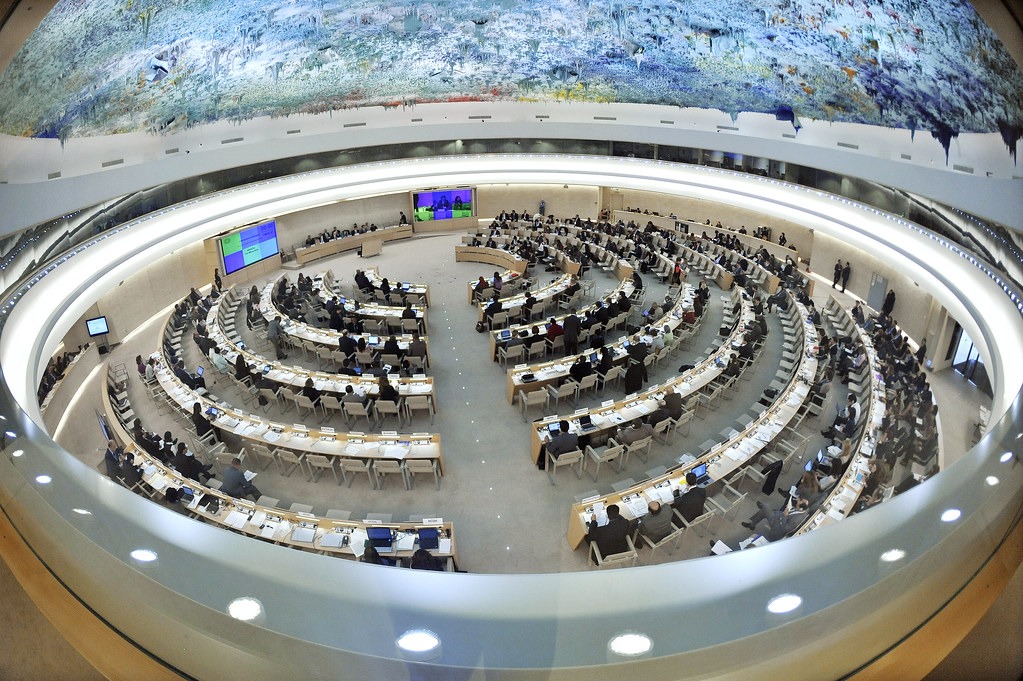Madrid, 01 August 2019 – Access Info has submitted to the UN Human Rights Council a report on the ways in which the right of access to information is violated in Spain and has called on the Spanish government to bring the legal framework into line with international standards.
Specifically Access Info has called for recognition by the Spanish government of access to information as a fundamental right, which would end discrimination against requesters: currently the identity requirements mean that only those who are Spanish citizens or residents can submit requests.
Furthermore, a failure to educate the wider public about this right is evident in the low number of requests– only about 5,000 per year at the national level – and the fact that a full 70% of these come from men.
There are also failures to ensure the proactive publication of information necessary to defend other rights. For example, no data is published on the number of women who are elected to national or local parliaments, or on the number of victims of genital mutilation, in spite of these being data indicators under the Sustainable Development Goals.
This report forms part of a joint submission to the UN by a group of five civil society organisations on various concerns related to freedom of expression and information as part of Spain’s periodic evaluation by the Human Rights Council (a process known as the “Universal Periodic Review”).
Another key reform recommended by Access Info would be to eliminate limitations that are out of line with international standards, particularly the controversial Article 18 which establishes a concept of “internal” or “auxiliary” documents, something not permitted by the UN Human Rights Committee in its 2011 definition of the right of access.
Other ways in which the right is currently limited in Spain:
- The currently law only applies to the administrative power, and does not extend to the judicial and legislative powers, something Access Info calls to be changed with urgency;
- Other laws that establish limitations currently take precedence over the Transparency Law, which is out of line with international standards for this fundamental right.
- Oversight of the right is weak, and the Transparency Council has no power to sanction violations, something that could be changed by giving a stronger mandate and powers to the Council.
The main freedom of expression issues raised in the report include:
- The Criminal Code establishes sanctions, including possible imprisonment, for harming someone’s reputation (honour) – with a series of persons and institutions such as the royal family, army, courts of law, and legislative bodies especially protected. Related protections apply to religious sentiments (the Church) and national symbols. As a result even political satire and artistic expression have been penalised, with individuals going to gaol.
- The so-called “Gag Law” that establishes – and has resulted in – fines for those whose criticise the police and army in social media.
- The criminalisation of regularly accessing terrorist content on the internet, something deemed to be “passive indoctrination”. The Criminal Code establishes penalties for expressions which, although they are not intended to incite violence, are considered to praise or justify terrorist offences. This has been applied even in case of someone who tweeted a joke about an historical event.
The other organisations who contributed to the report include the Platform in Defence of Freedom of Information (PDLI), the Federation of Journalists’ Unions (FESP), the Group of Criminal Political Studies (GEPC), and the research group on “Digital Citizen participation and legal regulation” of Madrid’s Complutense University.

